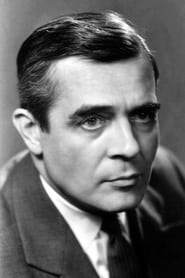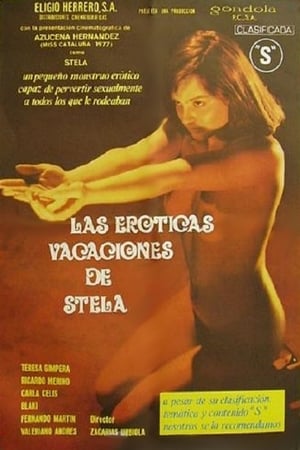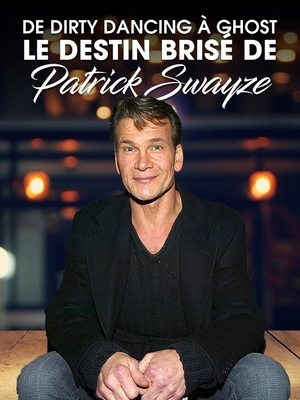

Dovolená venkova(1950)
Document on recreation opportunities for members of unified agricultural cooperatives. Some spend their winter holidays in Prague, the sick are given the option of treatment in spas, and young people find it convenient to stay in mountain recreation centers.
Movie: Dovolená venkova

Dovolená venkova
HomePage
Overview
Document on recreation opportunities for members of unified agricultural cooperatives. Some spend their winter holidays in Prague, the sick are given the option of treatment in spas, and young people find it convenient to stay in mountain recreation centers.
Release Date
1950-12-31
Average
0
Rating:
0.0 startsTagline
Genres
Languages:
Český
Similar Movies
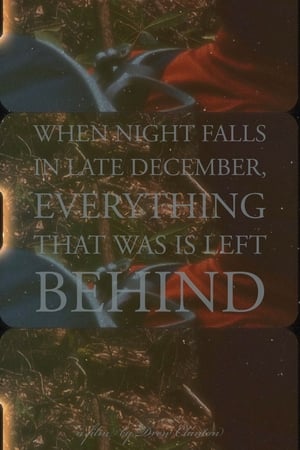 0.0
0.0When Night Falls in Late December, Everything That Was is Left Behind(en)
A series of vignettes captured in Brevard, North Carolina at the end of December.
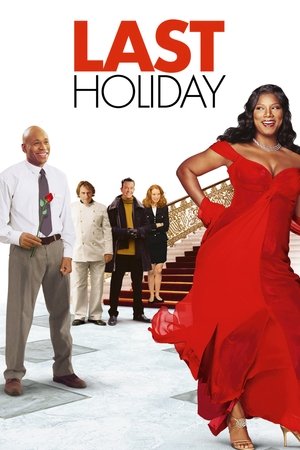 7.2
7.2Last Holiday(en)
The discovery that she has a terminal illness prompts introverted department store saleswoman Georgia Byrd to reflect on what she realizes has been an overly cautious life. With weeks to live, she withdraws her life savings, sells all her possessions and jets off to Europe where she lives it up at a posh hotel. Upbeat and passionate, Georgia charms everybody she meets, including renowned Chef Didier. The only one missing from her new life is her longtime crush Sean Matthews.
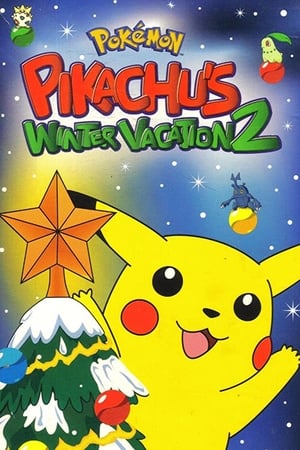 5.7
5.7Pokémon: Pikachu's Winter Vacation 2(ja)
When these Pokémon friends begin the holidays with Christmas quarreling, can Pikachu restore good cheer? Then, on a winter's eve, when not even a trailer is stirring, the Pokémon are making a Yuletide discovery you won't believe!
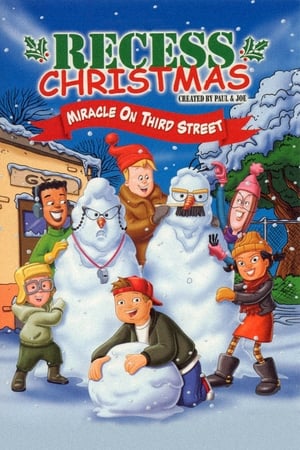 6.3
6.3Recess Christmas: Miracle On Third Street(en)
Principal Prickly gets his car stuck in a snowbank and decides it has to be the Recess gang's fault, but the teachers look back and remember all the good times they've had with T.J. and the rest of the gang.
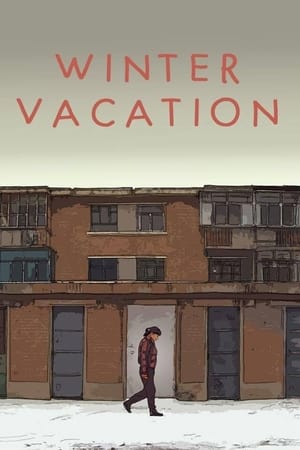 6.9
6.9Winter Vacation(zh)
An ordinary village in Northern China, the last day of the winter vacation. Four idle, aimless adolescents gather at Zhou Zhixin's home, a friend who lives with his father, brother and nephew. Like most contemporary teenagers, these youths want to enjoy their last day of holiday and simply hang out in this place where nothing ever seems likely to happen. Their conversations are desultory and they sometimes seem to argue for argument's sake. One of them, Laowu, talks frankly with his girlfriend about how teenage love might affect their studies, while Laobao questions school's value and relevance to real life.
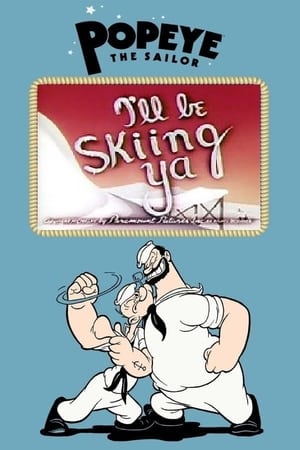 4.0
4.0I'll Be Skiing Ya(en)
Popeye and Olive are on a winter vacation in Lake Plastered, NY. Popeye is teaching Olive to ice skate (but not doing a very good job); she catches the eye of skating instructor Bluto. But when Bluto takes her up a ski lift and puts the moves on, she calls for Popeye to save her, and soon, everyone is skiing down that hill.
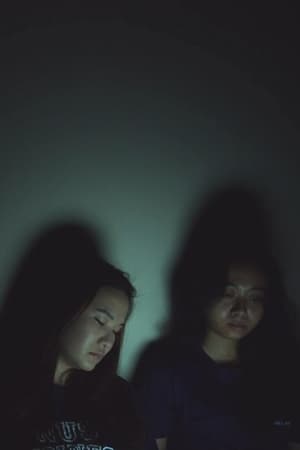 0.0
0.0Is it Cold in Winter?(en)
After an unremarkable semester one, several university hall residents try to process the idea of connectedness, fleeting relationships, love, and the future through the month-long ennui and languor of winter vacation stay.
 6.9
6.9Olympia: Part One – Festival of the Nations(de)
Commissioned to make a propaganda film about the 1936 Olympic Games in Germany, director Leni Riefenstahl created a celebration of the human form. This first half of her two-part film opens with a renowned introduction that compares modern Olympians to classical Greek heroes, then goes on to provide thrilling in-the-moment coverage of some of the games' most celebrated moments, including African-American athlete Jesse Owens winning a then-unprecedented four gold medals.
 6.7
6.7Olympia: Part Two – Festival of Beauty(de)
Commissioned to make a propaganda film about the 1936 Olympic Games in Germany, director Leni Riefenstahl created a celebration of the human form. Where the two-part epic's first half, Festival of the Nations, focused on the international aspects of the 1936 Olympic Games held in Berlin, part two, The Festival of Beauty, concentrates on individual athletes such as equestrians, gymnasts, and swimmers, climaxing with American Glenn Morris' performance in the decathalon and the games' majestic closing ceremonies.
 6.7
6.7Workers Leaving the Lumière Factory(fr)
Working men and women leave through the main gate of the Lumière factory in Lyon, France. Filmed on 22 March 1895, it is often referred to as the first real motion picture ever made, although Louis Le Prince's 1888 Roundhay Garden Scene pre-dated it by seven years. Three separate versions of this film exist, which differ from one another in numerous ways. The first version features a carriage drawn by one horse, while in the second version the carriage is drawn by two horses, and there is no carriage at all in the third version. The clothing style is also different between the three versions, demonstrating the different seasons in which each was filmed. This film was made in the 35 mm format with an aspect ratio of 1.33:1, and at a speed of 16 frames per second. At that rate, the 17 meters of film length provided a duration of 46 seconds, holding a total of 800 frames.
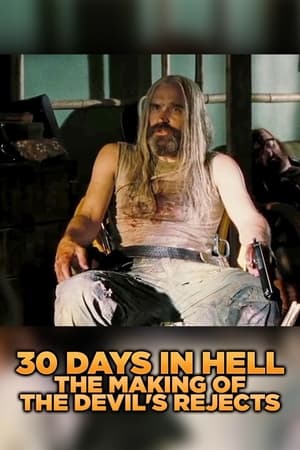 6.0
6.030 Days in Hell: The Making of 'The Devil's Rejects'(en)
An exhaustive, detailed documentary on the 30-day film shoot of "The Devil's Rejects"
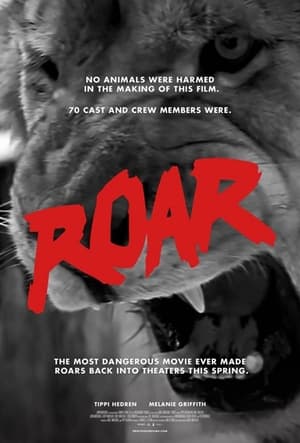 0.0
0.0The Making of Roar(en)
A production of Roar (1981) had special demands on both cast and crew. Learn about this incredible film and about the amazing people who made ROAR possible.
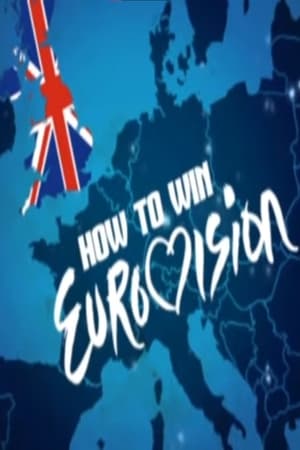 0.0
0.0How to Win Eurovision(en)
Greg James and Russell Kane present a look at all the ingredients needed to become a Eurovision winner, celebrating the UK's successes and also its hall of shame.
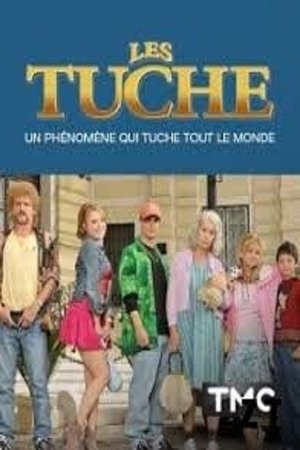 7.2
7.2Les Tuche : un phénomène qui tuche tout le monde(fr)
The phenomenon took everyone by surprise. In the span of three years, despite the mixed reception from the press upon its release in 2011, the Tuche family, a group of eccentric unemployed individuals, found a place in the hearts of the audience. With over eight million viewers during the television broadcast of the first installment and 4.6 million box office admissions for the second part, it became the biggest French success of 2016. The Tuche family has become a phenomenon. Word of mouth gave the film a second life beyond theaters, turning this tribe into the most popular family in French cinema.
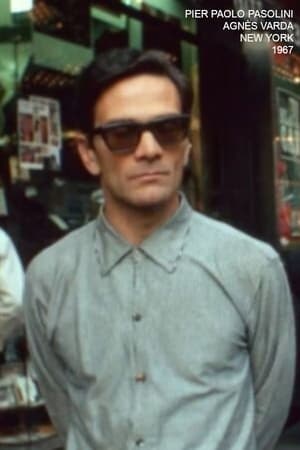 7.1
7.1Pier Paolo Pasolini - Agnès Varda - New York - 1967(fr)
Holding her 16mm camera, an optical prosthesis for a 20th-century stroller, Agnès Varda filmed 42nd Street in NYC in 1967, filming crowds of passers-by to the beat of the Doors. Recovered from the French director's boxes, with images of Varda, Pasolini and New York. Pasolini is shown walking in the Big Apple (where he went to present 'Hawks and Sparrows').
 6.5
6.5When Eurovision Goes Horribly Wrong(en)
Angela Rippon presents a guide to some of the Eurovision Song Contest's most disastrous moments. Including the kiss that ruined the chances of Danish singer Birthe Wilke.
